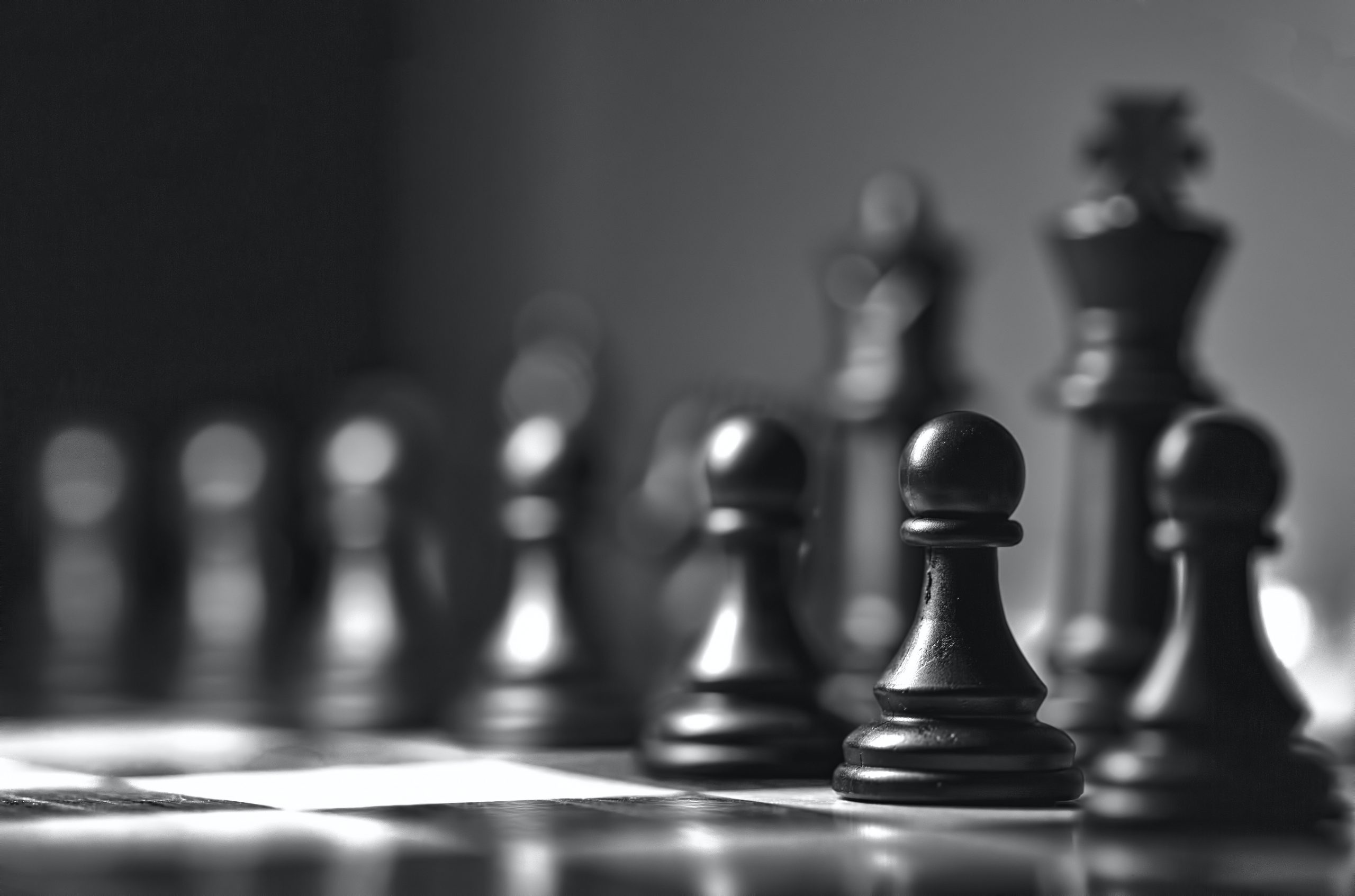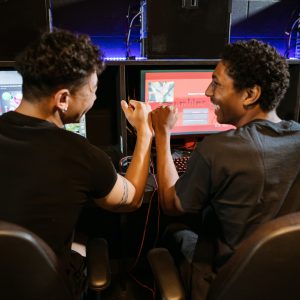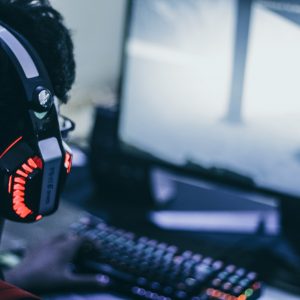When you think about chess tactics and want to know more about chess openings, you might envisage a series of moves that turn a losing/neutral situation into a much more winning one.
While this is true, studying them will not only help you discover winning moves. Instead, it hinders your chess development and strategic thinking by encouraging you to discover “cheap tricks” to win.
In this essay, we will discuss ten underestimated reasons to study your techniques.
1. Finding hope in adversity
In addition to moving you from a losing/neutral position to a winning one, strategies may also move you from a terrible position to neutral. When solving puzzles/tactics for fun, you nearly always end yourself in positions that aren’t as common in real games.
In reality, riddles occur frequently. However, most chess players (from all backgrounds) study tactics, which limits their capacity to find “little victories” like space advantage or increased piece activity.
But by studying diverse strategies in various positions (openings, middlegames, and endgames), you may widen your definition of a “tactic”!
2.Better defending
Learn to study hundreds of tactics the proper way (Check out our new Tactics Course at the end of this post).
It may seem strange to improve your defense by studying offensive. But you should know that the more you notice patterns through puzzles/tactics, the more you can avoid being tricked.
For example, it’s usually desirable to checkmate with a queen and bishop. The more you see this type of checkmate, the more you’ll notice flaws in your own defense when comparable scenarios come.
The more you learn puzzles, the simpler it will be to avoid losing.
3.Improving your item organization
After examining hundreds, if not thousands, of techniques, you will notice two common factors:
The fact that your puzzle pieces are frequently on large squares
That your opponent’s pieces are not as properly positioned
Recognizing this can help you choose the best components for various scenarios. This might help you be more precise with the placement of your parts.
4.Forging a solid bond with your job
For reason 3, you are more aware of your pieces and where they should be placed. The components and their “roles” in your game will become dynamic, almost-living beings.
You’ve probably heard that “knights are better in closed positions, bishops in open positions.” While this is typically true, relying on “universal ideas” to guide your gameplay will prevent you from improving as a player.
Yes, you may exchange your knight for your opponent’s bishop if the situation calls for it, but only through practice can you learn the actual value of your pieces.
This will help you move away from simple thoughts and towards a thinking habit that adjusts to each new position! Understanding this concept will help you gain confidence and learn more from each game.

5.Learning to create your own methods
By “developing your own tactics,” we mean creating circumstances that encourage tactical play. By combining your pieces, you may acquire more “small victories” (such space advantages) that lead to big wins (piece captures and ultimately checkmate).
When you are losing, you will be able to discover strategies to gain some neutrality. After some practice, you may learn to bounce back from mistakes rather than letting your position decay.
When you are already winning, you are more likely to preserve your advantages since your tactics automatically generated a blueprint for your attack. That is, you will be less likely to lose your advantages if you already have a strategy.
6.Letting you know the worth of your stuff
Your components’ value fluctuates.
A queen is worth 9 points and a pawn is worth 1, but high-level chess games don’t work like that. It’s why we have pawn and piece sacrifices. The purpose of chess is to checkmate, not to amass points.
It was a good idea to discover that a queen is worth more than a pawn early in your chess career. Now it’s time to apply that knowledge to all games you’ve played and will play. Doing great puzzles/tactics helps to develop that understanding.
7.Developing positional skills
As previously said, becoming a better tactical player may lead to becoming a better positional player (when done right).
After all, positional players strive for “little victories” in real games. Positional rather than tactical wins most high-level games. But understanding techniques correctly converts your mind into a multi-dimensional one.
You’ll start to like knowing how your parts react in different scenarios. Overall, you will better appreciate the beauty of every chess game!
8.Suffering and persevering
Aside from the above stated tangible causes, you will face several blockages when undertaking tactics/puzzles in your capacity to locate answers (large or tiny) in random situations.
However, higher-level tactics training requires you to comprehend and develop your thinking process. This process might be difficult, but with the appropriate mindset, you will realize how important it is in changing your perception of chess positions.
9.Learning to wait
Similar to reason 7, attempting to see every possible technique can teach you patience and organization in how you perceive each unique scenario.
Less frustration with difficult positions requiring plenty of thought. In my personal experience, the best games I won were when I was calmer and prepared to spend some time studying the situation.
10. Preventing early interest loss
It’s always pleasant to win quickly in chess. You will rapidly lose interest in chess as a whole if you understand (directly or indirectly) that most positions cannot be won fast.
A lot of talented players, especially young ones, “plateau” in chess ability and tournament rating. Speaking with them and people around them, it always comes back to a lack of interest.
Chess is a beautiful and fascinating game. We lose control of our potential to progress when we focus on what is elegant/interesting. As a result, how you practice tactics can determine your chess player status in the coming months, years, or even decades!





